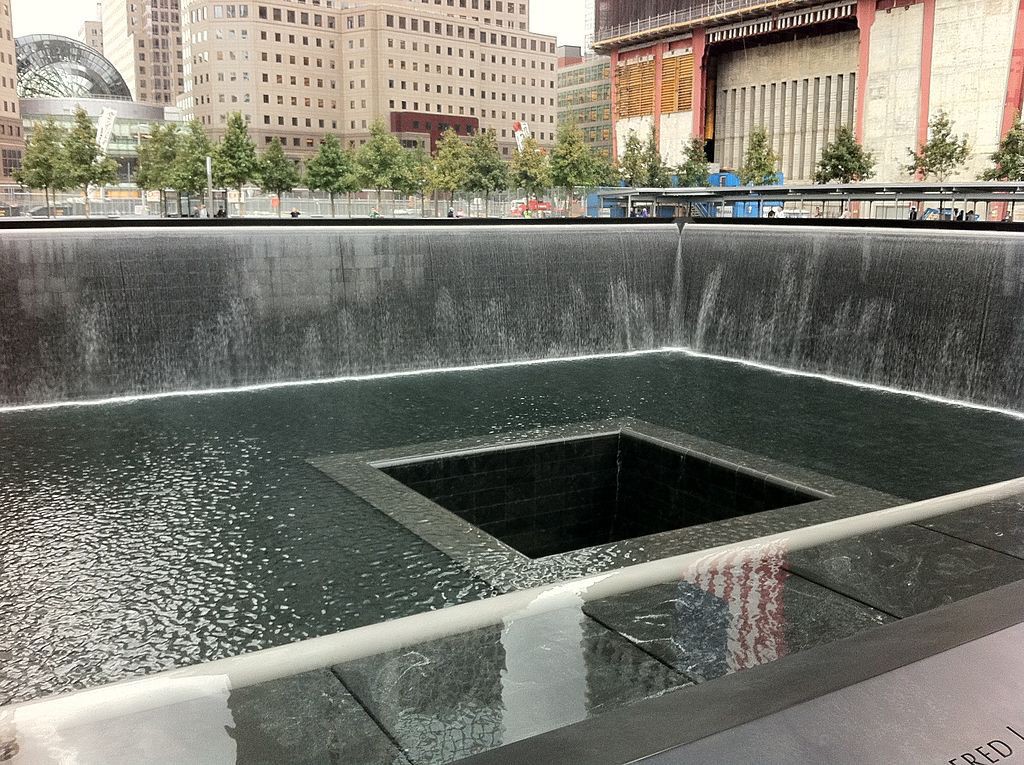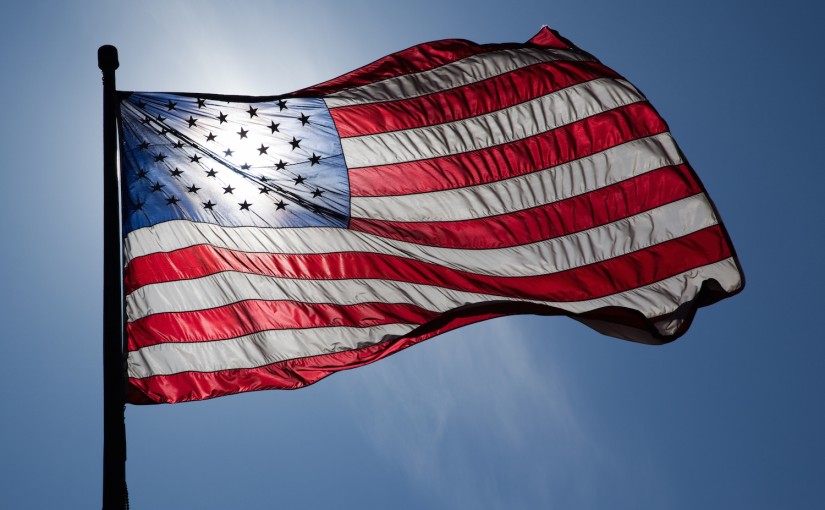Today is a day that Americans are implored not to forget. There are things about 9/11 that I absolutely want to remember, and to tell to those too young to remember.
When I heard that a plane crashed into the Pentagon, my first thought was that it was impossible. Where the hell did this classmate get her news? But the news kept coming, and more people were dying. We sat helpless in our classrooms watching the horror happen on TVs wheeled in so we could see. All our after school activities were cancelled, and we exited the school to find an empty, silent sky. You never realize how used to the sound of planes you are until there are none in the air – because something unimaginable happened.
I don’t ever want to forget that innocent people of all colors and creeds died that day. I don’t ever want to forget the heroic first responders. I don’t ever want to forget the brave people of United Airlines Flight 93, who fought back to save others, even when they ultimately couldn’t save themselves. I don’t want to forget New York City and the nation coming together to rebuild. I don’t want to forget the important lessons we learned: that the U.S. is not invincible and impervious to harm, that the organizations responsible for the nation’s protection need to communicate and collaborate with each other.
However, there are things that I wish I could forget, because letting go of trauma is part of healing and because letting the fear and anxiety diminish is part of not succumbing to terrorism. I did not personally know anyone who was killed that day. I was not New York City. These things definitely affect how I approach this day as opposed to people who were there or who lost someone or both.
I remember my school deciding that we should all say The Pledge of Allegiance every morning, and I hated it. It was obviously in response to what had happened, and I felt like my school decided that part of my education should be instilling patriotism in a way they saw fit: words from rote with no discussion. I have no religion, but I was expected to say “one nation, under God,” in a show of unity. I would sometimes just leave out the “under God” part depending on how many people I thought would notice. All politicians were expected to wear flag pins, and all citizens were expected to fly flags. It became crucial to show and display your patriotism. Criticizing the U.S. meant you weren’t sufficiently patriotic. Saying that perhaps jumping into war without doing all our homework or going to war with who, again? Iraq!? was seen as un-American.
I remember a classmate saying we should, “turn [Afghanistan] into a parking lot,” and no one saying that he was wrong. But what he said made me afraid. I became afraid for my Muslim friends in an atmosphere that was becoming increasingly hostile to people who weren’t displaying their Americanness properly.
I remember the Patriot Act being passed, and murmurs of discontent. But it was so close on the heels of 9/11, and we were so scared, so we let a little of our liberty slip away because we thought that’s what we needed to be safe. Then we kept using that same reasoning for other things that we normally wouldn’t stand for. There’s still people we’ve disappeared into Guantanamo Bay 14 years later with no trial, who we’ve tortured for intelligence they didn’t have. We saw photos of our troops posing next to tortured people at Abu Ghraib, torture that our government approved; there was a larger out public cry, but that the atmosphere was such that it happened at all is staggering.
Nowadays, this is a day you invoke as a trump card. Chris Christie used 9/11 in the GOP debate as his shield against criticism. Bill O’Reilly used this day to frame all Muslims as dangerous when he was on The View, even though that meant ignoring the Muslim victims in the Twin Towers. This is a day that the government invokes to say that all good citizens shouldn’t mind being closely monitored. It infuriates me that a tragedy is being held against us by those who wish to be in control.
I’ve been to the World Trade Center Memorial, and it’s the never forget I want. It is a beautiful, peaceful, moving, and incredibly sad place. All the victims are listed, so you can see all the names and how many that actually is. It is a place for people to come to pay their respects and remember. This isn’t a place you come to be afraid and hate.

Once, my father-in-law asked his granddaughter if she knew what day it was. To me, it was just an average family gathering that happened to fall on December 7th. He reminded her that it was Pearl Harbor Day. I’m embarrassed to say that I hadn’t realized. But he didn’t want the future generations to forget what had happened, what was undoubtedly a life changing day for so many Americans.
But what does it mean to never forget? What does it mean to remember a Japanese attack when your grandchildren adore Japanese culture and the President of the United States has a pivot to Asia campaign? Are we supposed to remember the Japanese detention camps, too?
I believe we remember to understand each other, to empathize with the pain and the cultural upheaval that came to define a generation, or even multiple generations. We do strive to be one indivisible nation, and one way to do that is to share our pain and remember our losses. But I believe we need to let go of the hate and fear because they always find a way of growing and reopening wounds and ultimately of dividing us. Let us remember, but let us also let go of the terror, recognize and correct our mistakes, and move forward.
